Essential Health Screenings Every Adult Over 40 Needs
Turning 40 isn’t just a milestone—it’s a wake-up call to take charge of your long-term health. While you may still feel energetic and capable, this decade often marks the quiet beginning of changes beneath the surface: shifts in hormones, metabolism, cardiovascular function, and more. That’s why proactive screening isn’t optional—it’s essential. The right tests at the right time can catch silent threats early, prevent chronic disease, and give you the clarity to make smarter choices for the road ahead. We’ve expanded our list to 20 essential screenings that every adult over 40 should prioritize—because prevention isn’t just about living longer, it’s about living better. From heart health and hormone balance to cancer detection and cognitive function, these screenings are your personal blueprint for staying vibrant, capable, and in control. Think of it not as a checklist, but as an investment—in strength, in resilience, and in the years still to come.
1. Blood Pressure Screening: A Gateway to Cardiovascular Health

High blood pressure, often dubbed the "silent killer," can lead to serious health complications if left unchecked. For adults over 40, regular blood pressure screenings are vital as they help identify hypertension early. Hypertension is a major risk factor for heart disease, stroke, and kidney failure. By monitoring blood pressure levels, individuals can take necessary lifestyle changes or medications to manage their condition effectively. The screening is simple yet powerful, providing insights into cardiovascular health and guiding necessary interventions to prevent more severe outcomes. Regular blood pressure checks can significantly reduce the risk of heart-related diseases, making it an essential part of any preventive health strategy.
2. Cholesterol Checks: Understanding the Lipid Profile

Cholesterol levels are a critical indicator of heart health. After 40, the risk of high cholesterol increases, necessitating regular lipid profile screenings. This test measures the levels of LDL (bad cholesterol), HDL (good cholesterol), and triglycerides in the blood. Elevated LDL levels can lead to plaque buildup in the arteries, increasing the risk of heart attacks and strokes. Conversely, higher HDL levels are protective against heart disease. Regular cholesterol checks enable individuals to understand their risk profile and take preventive measures, such as dietary changes or medications, to maintain a healthy balance. Understanding and managing cholesterol levels is a cornerstone of cardiovascular health, underscoring the importance of this screening.
3. Diabetes Screening: The Silent Epidemic
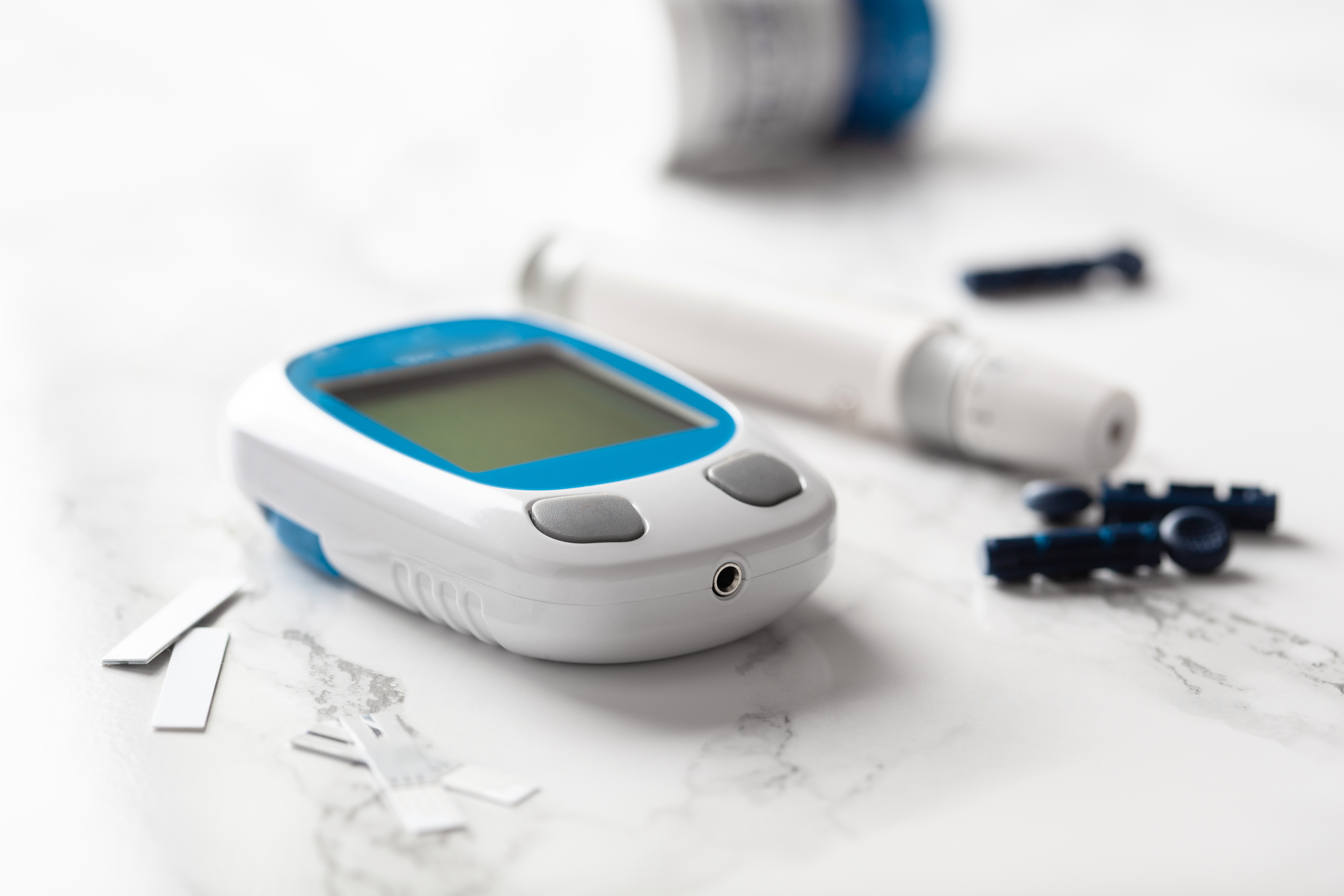
Type 2 diabetes is a prevalent condition that can go undiagnosed for years due to its subtle symptoms. For individuals over 40, diabetes screenings are crucial in detecting prediabetes or diabetes at an early stage. The screening involves a simple blood test to measure fasting blood sugar levels or an HbA1c test that provides an average blood sugar level over the past few months. Early detection allows for lifestyle modifications and medical interventions that can prevent the progression of the disease and reduce the risk of complications such as neuropathy, retinopathy, and cardiovascular issues. With the increasing prevalence of diabetes, regular screenings are essential for maintaining long-term health.
4. Colon Cancer Screening: Early Detection Saves Lives

Colon cancer is one of the most common cancers affecting adults over 40, and early detection through screenings can significantly improve survival rates. Colonoscopy is the gold standard for colon cancer screening, allowing for the detection and removal of precancerous polyps. Other screening methods include stool tests that detect blood or DNA markers associated with cancer. Regular screenings, typically recommended every ten years starting at age 45, can prevent cancer by identifying and addressing abnormalities before they develop into malignancies. Understanding the importance of colon cancer screening can empower individuals to take proactive steps in safeguarding their health.
5. Breast Cancer Screening: Mammograms and Beyond
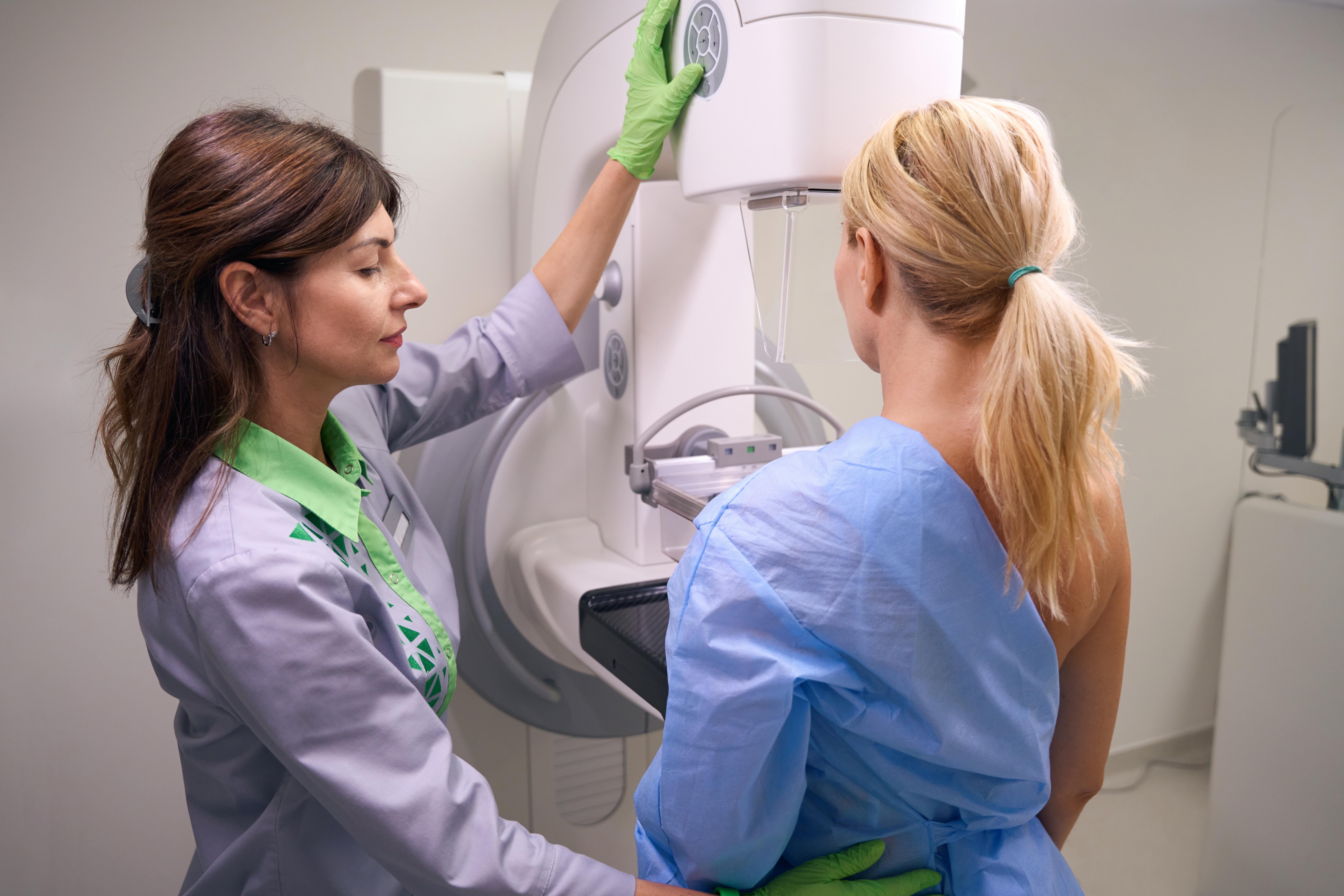
Breast cancer is a leading cause of cancer-related deaths among women, making regular mammograms essential for early detection. For women over 40, annual or biennial mammograms are recommended to identify tumors at an early, more treatable stage. Advances in imaging technology, such as 3D mammography, have improved the accuracy of screenings, reducing false positives and providing clearer insights into breast health. In addition to mammograms, genetic testing for BRCA mutations may be recommended for those with a family history of breast cancer. By prioritizing breast cancer screenings, women can significantly reduce their risk and improve their chances of successful treatment.
6. Prostate Cancer Screening: Navigating PSA Tests

Prostate cancer is a significant concern for men over 40, with screenings playing a crucial role in early detection. The prostate-specific antigen (PSA) test measures the level of PSA in the blood, which can be elevated in men with prostate cancer. While the PSA test is not without controversy due to potential false positives, it remains a valuable tool when combined with other diagnostic methods, such as digital rectal exams. Men should discuss the benefits and risks of PSA testing with their healthcare provider to determine the appropriate screening strategy. Early detection through PSA testing can lead to better treatment outcomes and improved quality of life.
7. Bone Density Test: Preventing Osteoporosis
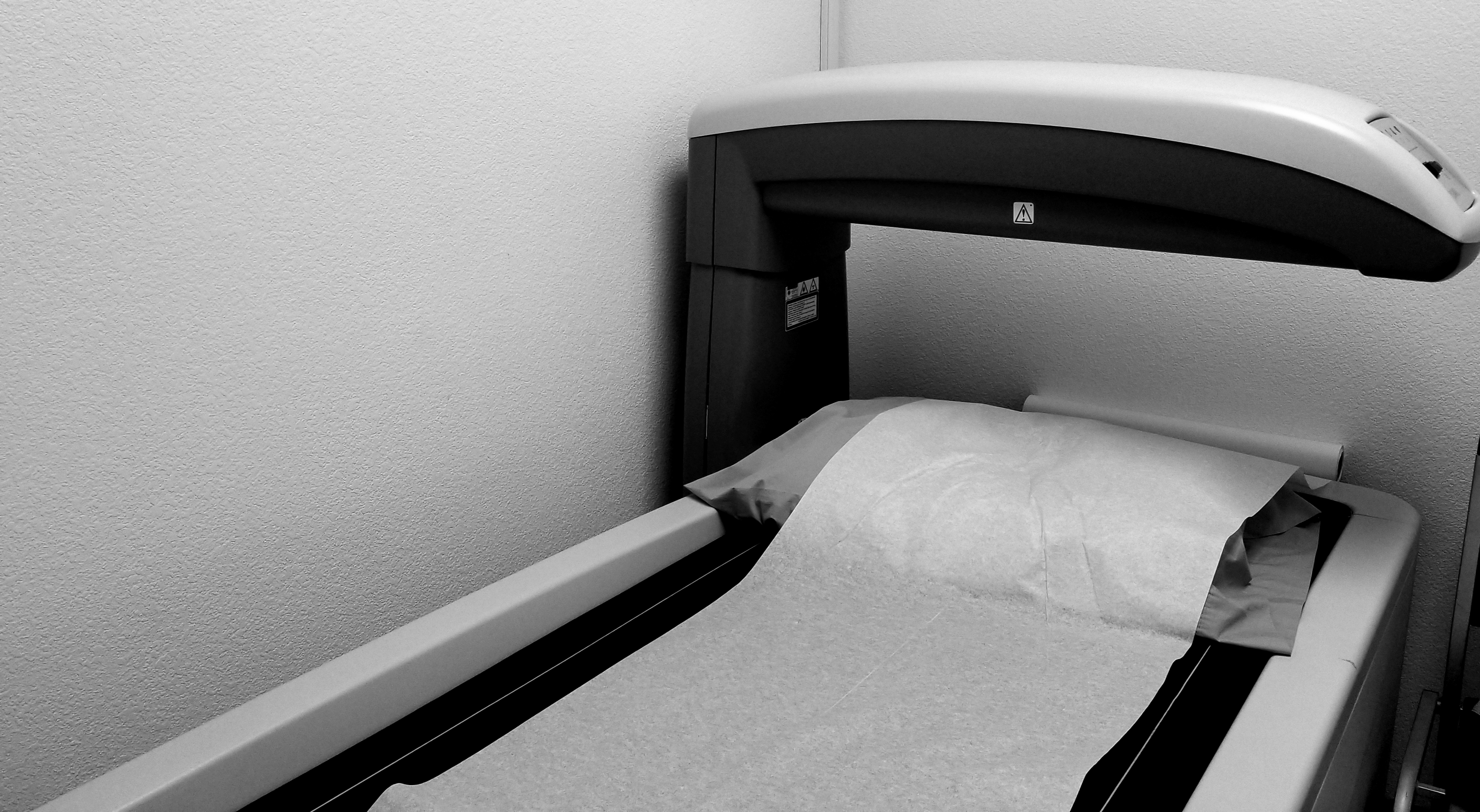
As individuals age, the risk of osteoporosis increases, particularly in women post-menopause. A bone density test, or DEXA scan, measures bone mineral density and helps identify individuals at risk of fractures. Early detection of low bone density allows for interventions such as calcium and vitamin D supplementation, lifestyle changes, and medications to strengthen bones and prevent fractures. Regular bone density screenings are recommended for women over 65 and men over 70, or earlier for those with risk factors. By understanding their bone health, individuals can take proactive steps to maintain their mobility and independence.
8. Skin Cancer Screening: Vigilance Against the Sun

Skin cancer is the most common form of cancer, and regular screenings are essential for early detection and treatment. Adults over 40 should perform regular self-examinations and schedule annual skin checks with a dermatologist. These screenings involve a thorough examination of the skin for any new or changing moles or lesions that could indicate cancer. Early detection of skin cancer, particularly melanoma, significantly improves treatment outcomes. Protecting skin from excessive sun exposure and understanding the warning signs of skin cancer are crucial components of a comprehensive health strategy.
9. Eye Exams: Preserving Vision and Detecting Disease
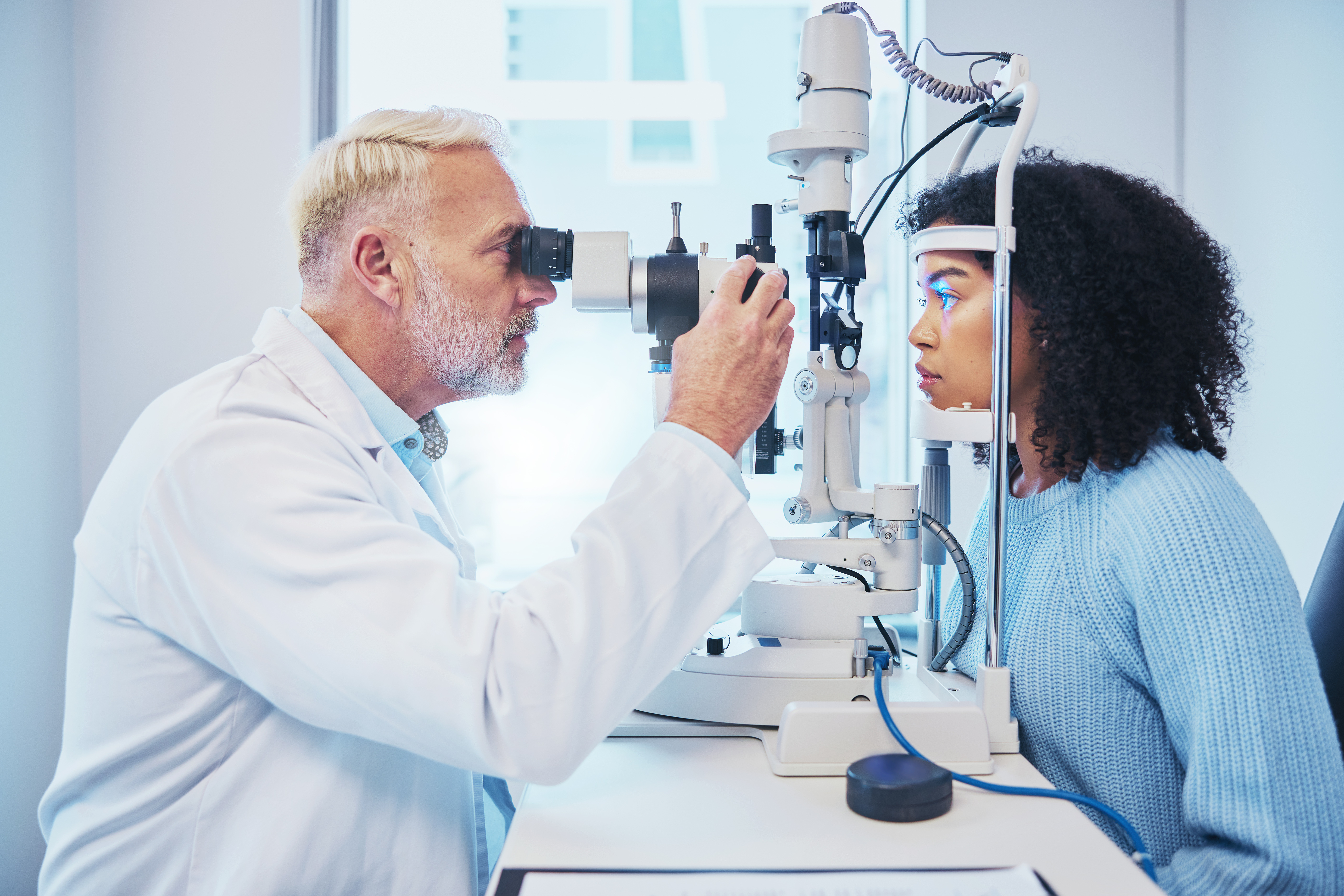
Regular eye exams are vital for maintaining vision and detecting eye diseases that become more common with age. For adults over 40, comprehensive eye exams can identify conditions such as glaucoma, cataracts, and age-related macular degeneration. These conditions can lead to vision loss if not addressed promptly. Eye exams also provide insights into overall health, as they can detect signs of systemic diseases such as diabetes and hypertension. By prioritizing regular eye exams, individuals can preserve their vision and detect potential health issues early.
10. Hearing Tests: Addressing Age-Related Hearing Loss

Hearing loss is a common issue that affects many adults as they age, impacting communication and quality of life. Regular hearing tests can identify hearing loss early, allowing for interventions such as hearing aids or other assistive devices. Untreated hearing loss has been linked to social isolation, depression, and cognitive decline, making regular screenings essential for overall well-being. By addressing hearing loss proactively, individuals can maintain their social connections and cognitive health, enhancing their quality of life.
11. Thyroid Function Tests: Balancing Hormonal Health

Thyroid disorders, such as hypothyroidism and hyperthyroidism, become more prevalent with age, particularly in women. Thyroid function tests measure levels of thyroid hormones and thyroid-stimulating hormone (TSH) in the blood, providing insights into thyroid health. Early detection of thyroid imbalances allows for treatment that can alleviate symptoms and prevent complications such as heart disease and osteoporosis. Regular thyroid screenings are recommended for adults over 40, especially those experiencing symptoms such as fatigue, weight changes, or mood disturbances. Understanding and managing thyroid health is a critical component of overall well-being.
12. Liver Function Tests: Monitoring Vital Organ Health
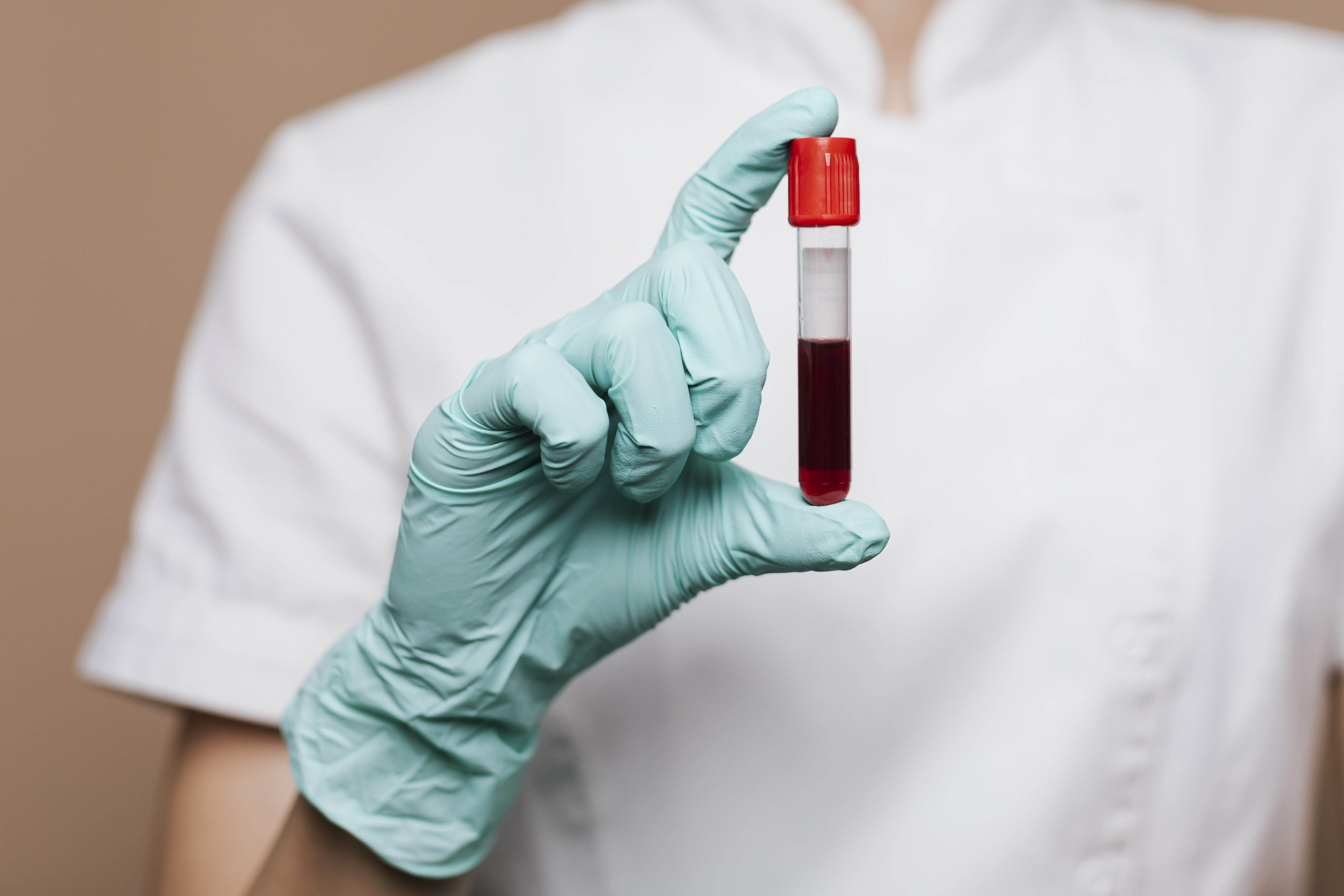
The liver plays a crucial role in metabolism, detoxification, and nutrient storage, making its health vital for overall well-being. Liver function tests measure enzymes and proteins in the blood that indicate liver health. Regular screenings can detect liver diseases such as hepatitis, fatty liver disease, and cirrhosis early, allowing for timely interventions. Lifestyle changes, medications, and monitoring can prevent the progression of liver disease and maintain liver function. Adults over 40 should consider regular liver function tests as part of their preventive health strategy, particularly if they have risk factors such as obesity or alcohol use.
13. Kidney Function Tests: Ensuring Renal Health

Kidney function tests, such as blood urea nitrogen (BUN) and creatinine tests, assess how well the kidneys are filtering waste from the blood. Early detection of kidney dysfunction allows for interventions that can prevent chronic kidney disease and its complications. Risk factors for kidney disease include diabetes, hypertension, and a family history of kidney problems. Regular screenings are essential for individuals over 40, as kidney function naturally declines with age. By monitoring renal health, individuals can take steps to preserve kidney function and prevent serious health issues.
14. Immunizations: Staying Protected Against Infectious Diseases

Immunizations are a crucial aspect of preventive health, protecting individuals from infectious diseases that become more dangerous with age. Adults over 40 should ensure they are up-to-date on vaccines such as influenza, pneumococcal, shingles, and tetanus-diphtheria-pertussis (Tdap). Immunizations not only protect the individual but also contribute to community health by reducing the spread of infectious diseases. By staying current with recommended vaccines, adults can prevent serious illnesses and maintain their health and well-being.
15. Mental Health Screenings: Prioritizing Emotional Well-being

Mental health is a critical component of overall well-being, yet it is often overlooked in preventive health strategies. Regular mental health screenings can identify conditions such as depression, anxiety, and cognitive decline early, allowing for timely interventions. For adults over 40, these screenings are essential as they navigate life transitions and potential stressors. Mental health screenings can include questionnaires, interviews, and cognitive assessments, providing a comprehensive view of emotional well-being. By prioritizing mental health, individuals can enhance their quality of life and maintain their overall health.
16. Inflammatory Marker Screening: Spotting Chronic Inflammation Early

Low-grade chronic inflammation is increasingly recognized as a root cause of many age-related diseases, including heart disease, diabetes, arthritis, and even cognitive decline. Blood tests like C-reactive protein (CRP) and erythrocyte sedimentation rate (ESR) can reveal hidden inflammation before symptoms appear. Elevated markers may prompt further investigation or early lifestyle interventions like anti-inflammatory diets, stress management, or targeted supplements. This screening is especially helpful for those with vague symptoms like fatigue or joint pain. Catching chronic inflammation early allows you to address the fire before it spreads—protecting long-term vitality from the inside out.
17. Vitamin D Level Test: The Silent Deficiency Check

Vitamin D is essential for bone health, immune function, mood regulation, and inflammation control. Yet deficiency is shockingly common, especially after 40, due to reduced sun exposure and absorption changes with age. A simple blood test can reveal if your levels are low. Deficiency can contribute to fatigue, depression, weakened bones, and increased risk of chronic disease. Correcting it is straightforward with supplements or dietary changes. Since symptoms are subtle, this test often uncovers what lifestyle alone may miss—making it a powerful, preventative check-in for anyone looking to maintain energy, immunity, and strength as they age.
18. Advanced Lipoprotein Testing: Beyond Basic Cholesterol

A standard cholesterol panel doesn’t always tell the whole story. Advanced lipoprotein testing (like LDL particle size, ApoB, and lipoprotein(a)) offers a deeper, more precise look at your cardiovascular risk—especially for those with normal cholesterol but a strong family history of heart disease. These tests help identify people with hidden risks who may benefit from earlier or more aggressive lifestyle changes or medications. If you’ve been told your numbers are “fine” but something still feels off, this deeper dive may provide the missing data. It’s the kind of proactive clarity that can literally save lives.
19. Hormonal Panel (Sex Hormones): Uncovering Energy and Metabolism Shifts

Around 40, hormonal shifts begin to affect everything—energy, sleep, libido, metabolism, and mood. For women, this includes estrogen, progesterone, and testosterone fluctuations. For men, a gradual drop in testosterone can lead to fatigue and muscle loss. A hormonal panel helps decode these changes. It can identify imbalances early and guide strategies like dietary adjustments, stress reduction, or medical support. Rather than brushing off “just getting older,” this screening helps you understand what’s truly changing—and what can be optimized. Aging may be natural, but suffering through hormone chaos doesn’t have to be.
20. Cognitive Screening: Keeping Your Mind Sharp

Cognitive changes can be subtle but significant after 40. A baseline cognitive screening—through short, standardized memory, attention, and problem-solving tests—can help detect early signs of impairment or conditions like mild cognitive decline and Alzheimer’s. Early identification is key to preserving brain function through lifestyle changes, cognitive exercises, or medical care. Even if you're feeling mentally sharp now, establishing a cognitive baseline can help you track and address changes before they impact daily life. Your brain is your most powerful tool—this screening helps ensure it stays that way.
Know More. Live Stronger.

Your 40s mark a powerful turning point—not a decline, but a decision. This is the decade where small, smart choices echo loudly into the years ahead. The 20 screenings in this guide aren’t just tests—they’re tools. Tools to uncover what’s hidden, prevent what’s preventable, and strengthen your grip on the life you want to live. From your heart and hormones to your bones, brain, and beyond, each screening offers a chance to take control before something takes control of you. It’s not about fear—it’s about foresight. Because the best version of aging isn’t passive. It’s proactive, informed, and deeply personal. So don’t wait for symptoms to force your hand. Prioritize prevention, ask the questions, book the appointments. Your future self is already counting on you—and you’re more than capable of showing up. Health isn’t a guarantee, but it is a choice. And this list? It’s where that choice begins.
